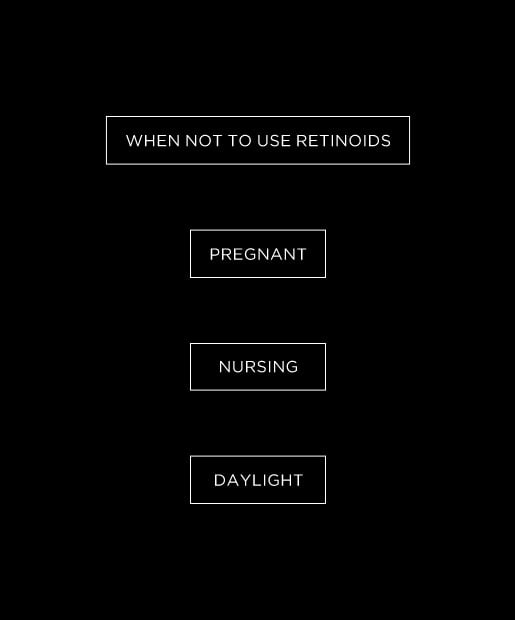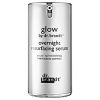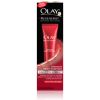Skin Care
Read This Before You Use a RetinolA lot has changed in the last 20 years, but retinol is still the go-to ingredient for anti-aging skin care. Here's everything you need to know |
Retinol is Not For Everyone It would be misleading for us to go on and on about the benefits of retinol without a few words of caution. Pregnant and nursing women shouldn't use them. (Some studies have shown a possible correlation between topical vitamin A and birth defects.)
And if your skin is sensitive to the sun, a retinoid will make you flare up even faster. Be sure to pile on the SPF, wear a hat and stay in the shade. Unless you choose a retinol that's specifically formulated for daytime use, its best to use them at night. "Nighttime use is better because the products are photosensitive," explains Prytowsky. "The chemical will degrade when it's exposed to natural sunlight, and it could degrade before it has a chance to absorb into your skin."
If you're doing everything right, don't use dry, irritated skin as an excuse to toss your retinol — that just means it's working. It may take several weeks, but you'll eventually build up a tolerance. It's an annoying process, but smoother, younger-looking skin awaits you on the other side.
And if your skin is sensitive to the sun, a retinoid will make you flare up even faster. Be sure to pile on the SPF, wear a hat and stay in the shade. Unless you choose a retinol that's specifically formulated for daytime use, its best to use them at night. "Nighttime use is better because the products are photosensitive," explains Prytowsky. "The chemical will degrade when it's exposed to natural sunlight, and it could degrade before it has a chance to absorb into your skin."
If you're doing everything right, don't use dry, irritated skin as an excuse to toss your retinol — that just means it's working. It may take several weeks, but you'll eventually build up a tolerance. It's an annoying process, but smoother, younger-looking skin awaits you on the other side.



































